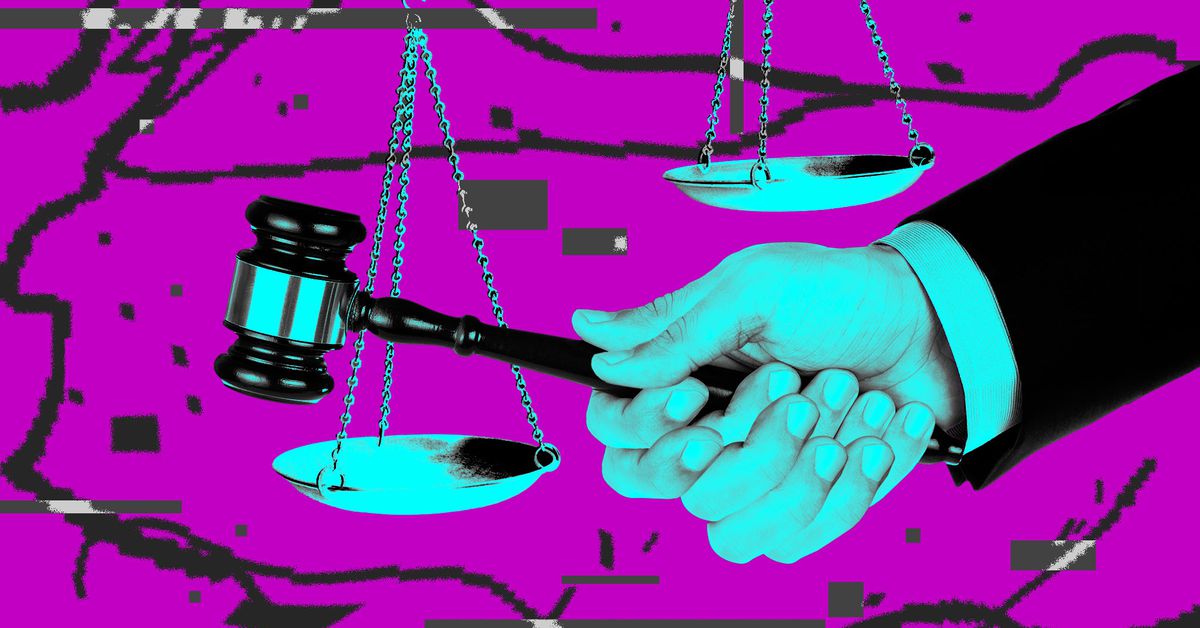A bipartisan group of senators introduced a new bill to make it easier to authenticate and detect artificial intelligence-generated content and protect journalists and artists from having their work gobbled up by AI models without their permission.
The Content Origin Protection and Integrity from Edited and Deepfaked Media Act (COPIED Act) would direct the National Institute of Standards and Technology (NIST) to create standards and guidelines that help prove the origin of content and detect synthetic content, like through watermarking. It also directs the agency to create security measures to prevent tampering and requires AI tools for creative or journalistic content to let users attach information about their origin and prohibit that information from being removed. Under the bill, such content also could not be used to train AI models.
Content owners, including broadcasters, artists, and newspapers, could sue companies they believe used their materials without permission or tampered with authentication markers. State attorneys general and the Federal Trade Commission could also enforce the bill, which its backers say prohibits anyone from “removing, disabling, or tampering with content provenance information” outside of an exception for some security research purposes.
(A copy of the bill is in he article, here is the important part imo:
Prohibits the use of “covered content” (digital representations of copyrighted works) with content provenance to either train an AI- /algorithm-based system or create synthetic content without the express, informed consent and adherence to the terms of use of such content, including compensation)



“If you put something on the Internet you are giving up ownership of it.” There are plenty of internet culture outside Western that still respect ownership, people don’t just take random things on internet without permission. Western internet culture =/= entire internet.
Copyright law if done correctly can actually develop culture and innovation.
For example, having a law that forbids big company to patent essential important technology, while allowing small independent creator to protect their IP from big corpo churning out copycats (like a lot of company in China illegally printing merchandise with art from small creator).
Which cultures are you referring to?
Fakelandia it is on a continent that you probably haven’t heard of.
Yeah in theory but in practice that isn’t happening. In theory the laws could be structured such that creatives are being paid fairly and distributors make some money and that the general public knows the stuff will be public domain in a relatively short period of time.
No one is doing it and they had hundreds of years to figure out how to do it. You are asking us to take it on faith and I personally will not.